A wave of grief and outrage has swept through Mexico after Carlos Alberto Manzo Rodríguez, the mayor of Uruapan in Michoacán, was gunned down during Day of the Dead festivities. The brazen killing, carried out in front of hundreds of onlookers, underscores the deepening crisis of violence and impunity gripping parts of the country.
The Attack
Witnesses say the mayor was attending a community event honoring the traditional Day of the Dead when gunfire erupted. Armed assailants opened fire on the crowd, fatally striking Mayor Manzo and injuring at least two others, including one of his security guards. Chaos broke out as families fled for safety amid the celebration’s altars and candlelit displays.
Authorities later confirmed that the attacker was killed at the scene, and the weapon used has been linked to criminal groups active in the region. The motive remains under investigation, though officials suspect organized crime involvement due to the mayor’s outspoken criticism of cartel influence.
A Leader Who Defied Corruption
Carlos Manzo, who took office less than a year ago, had built a reputation as an independent voice who refused to bend to political or criminal pressure. He had openly denounced local corruption and accused law enforcement of collusion with drug cartels. Just weeks before his death, he had called for greater federal protection for Michoacán’s municipalities plagued by extortion and violence.
Friends and colleagues described him as a committed reformer who “stood up for his people, even when it put his life at risk.” His assassination follows a troubling pattern of targeted killings of public officials, journalists, and activists across Mexico — many of whom have challenged criminal networks or exposed corruption.
National and Local Reaction
News of the assassination sparked immediate condemnation from political leaders and human rights groups. Mexico’s president and Michoacán’s governor both vowed to bring those responsible to justice, while hundreds of residents gathered in Uruapan’s central plaza for a candlelight vigil in his memory. Many mourners dressed in black, chanting for peace and demanding an end to cartel domination in their communities.
Despite these promises, locals remain skeptical. Years of unsolved political assassinations and weak prosecutions have left many Mexicans doubtful that justice will be served. “We’ve seen this story too many times,” one resident said. “They kill our leaders, and the killers walk free.”
A Grim Reflection of Mexico’s Reality
The murder of Mayor Manzo comes at a time when Mexico continues to battle pervasive violence driven by drug cartels and rival criminal factions. Michoacán, known for its fertile lands and economic potential, has also become a battleground for groups vying for control of territory and resources.
The timing of the attack — during one of Mexico’s most sacred cultural traditions — has amplified public outrage, symbolizing how criminal violence has infiltrated even the country’s most cherished moments of community and remembrance.
The Road Ahead
Investigators are now working to trace the network behind the attack and to determine whether others in local government were complicit. Federal forces have been deployed to stabilize the area, and officials have hinted at launching a broader anti-corruption sweep across Michoacán.
However, for many citizens, real justice will mean more than arrests. It will require rebuilding trust in institutions that have too often failed to protect those who stand up against violence and corruption.
As Mexico mourns another fallen public servant, the country faces a sobering reminder that courage in the face of crime continues to come at a deadly cost.

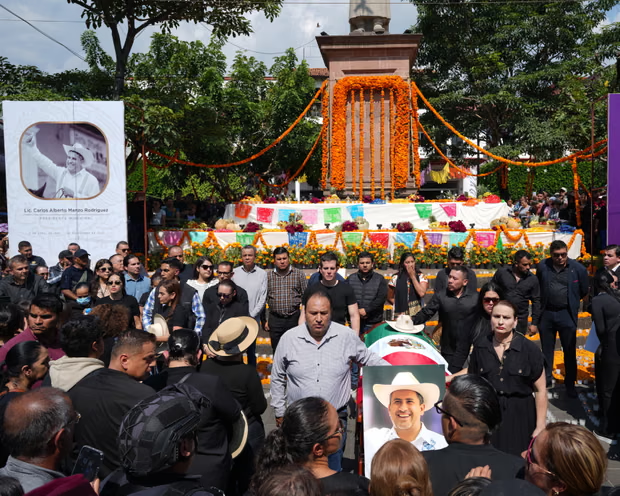
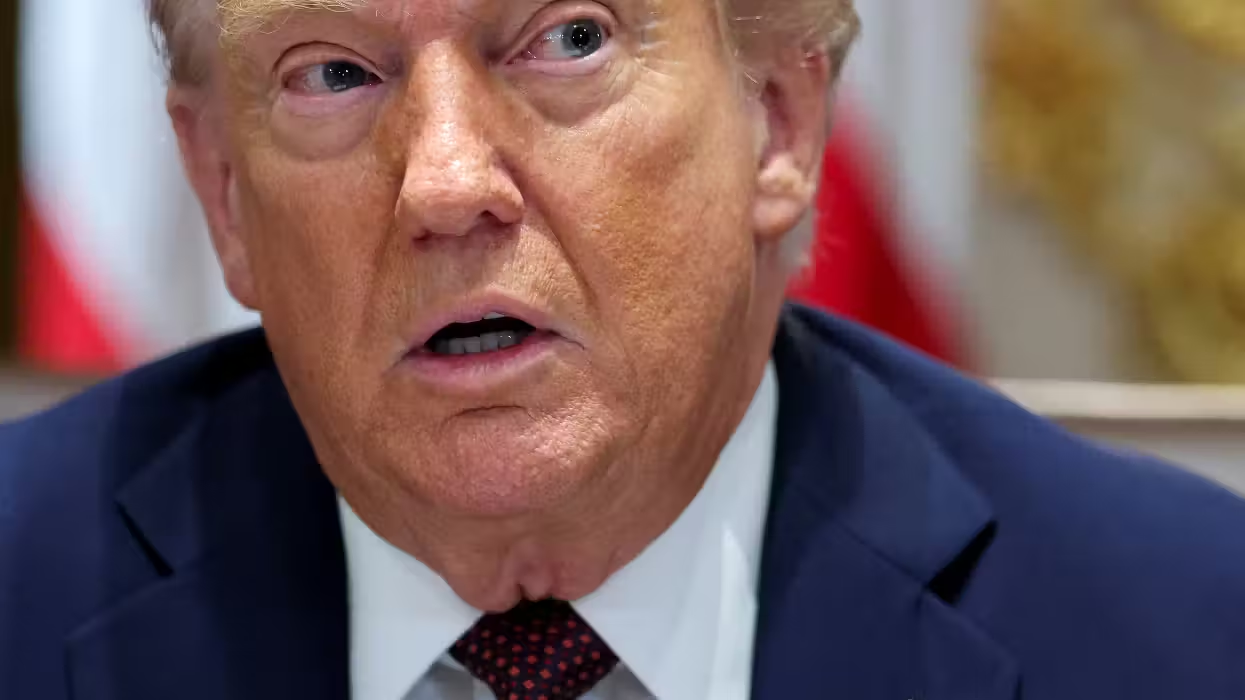
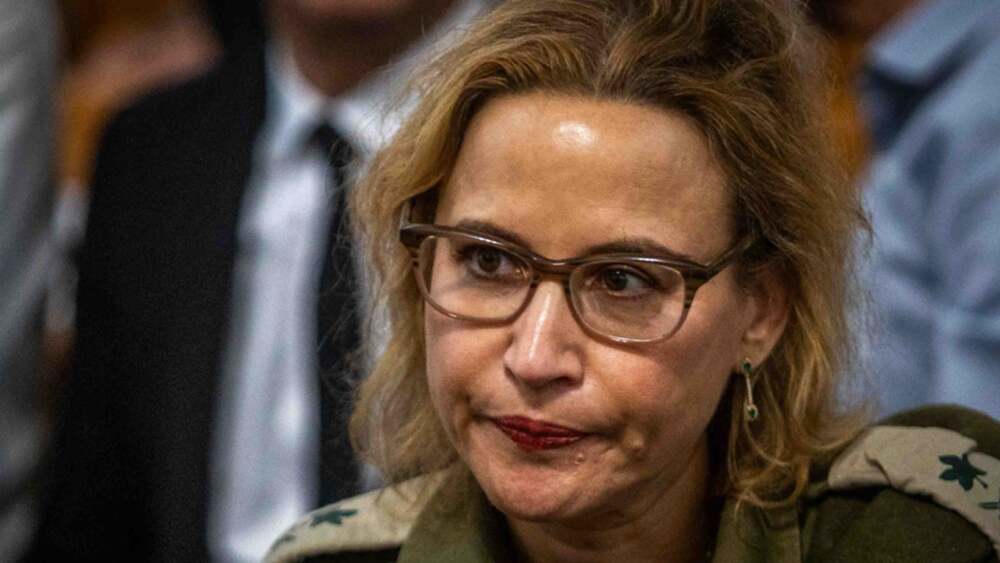

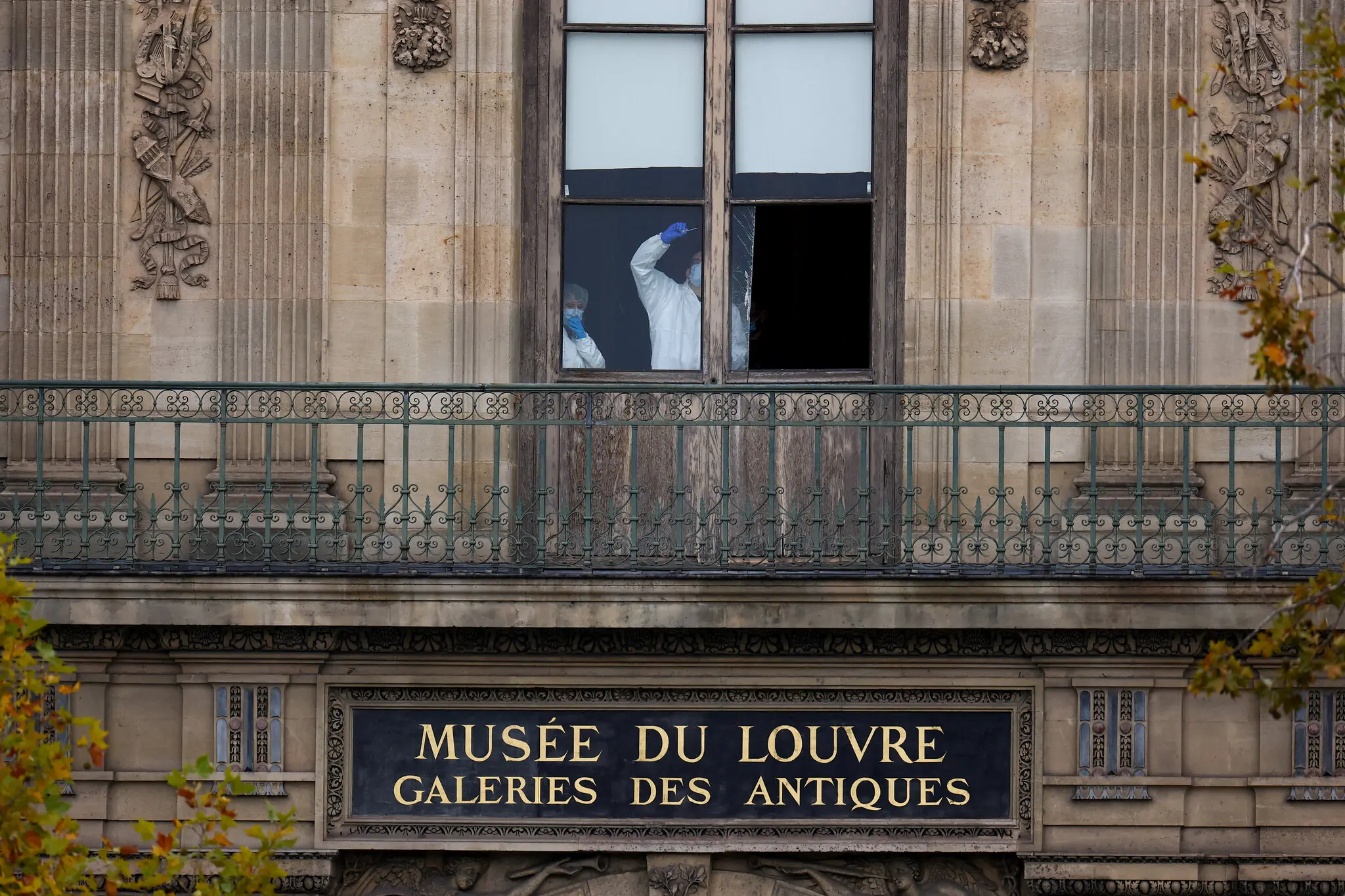
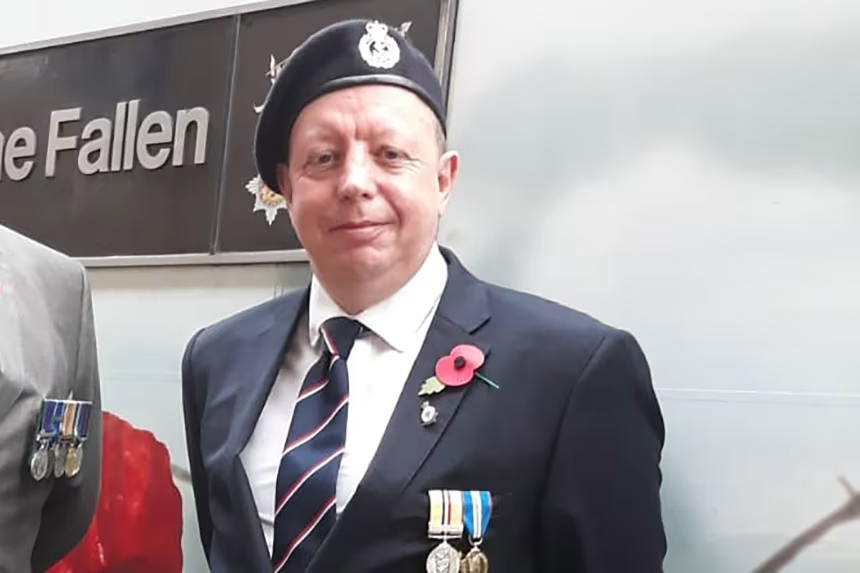
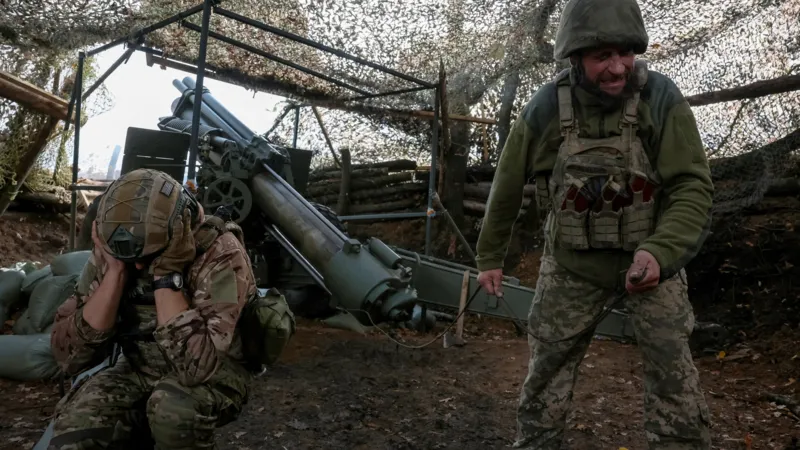
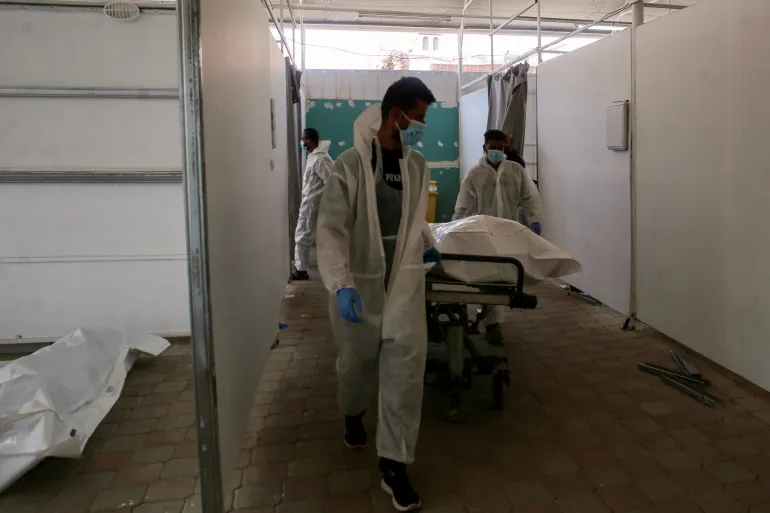
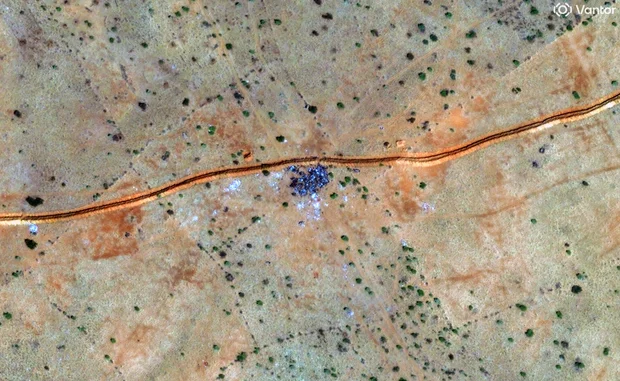
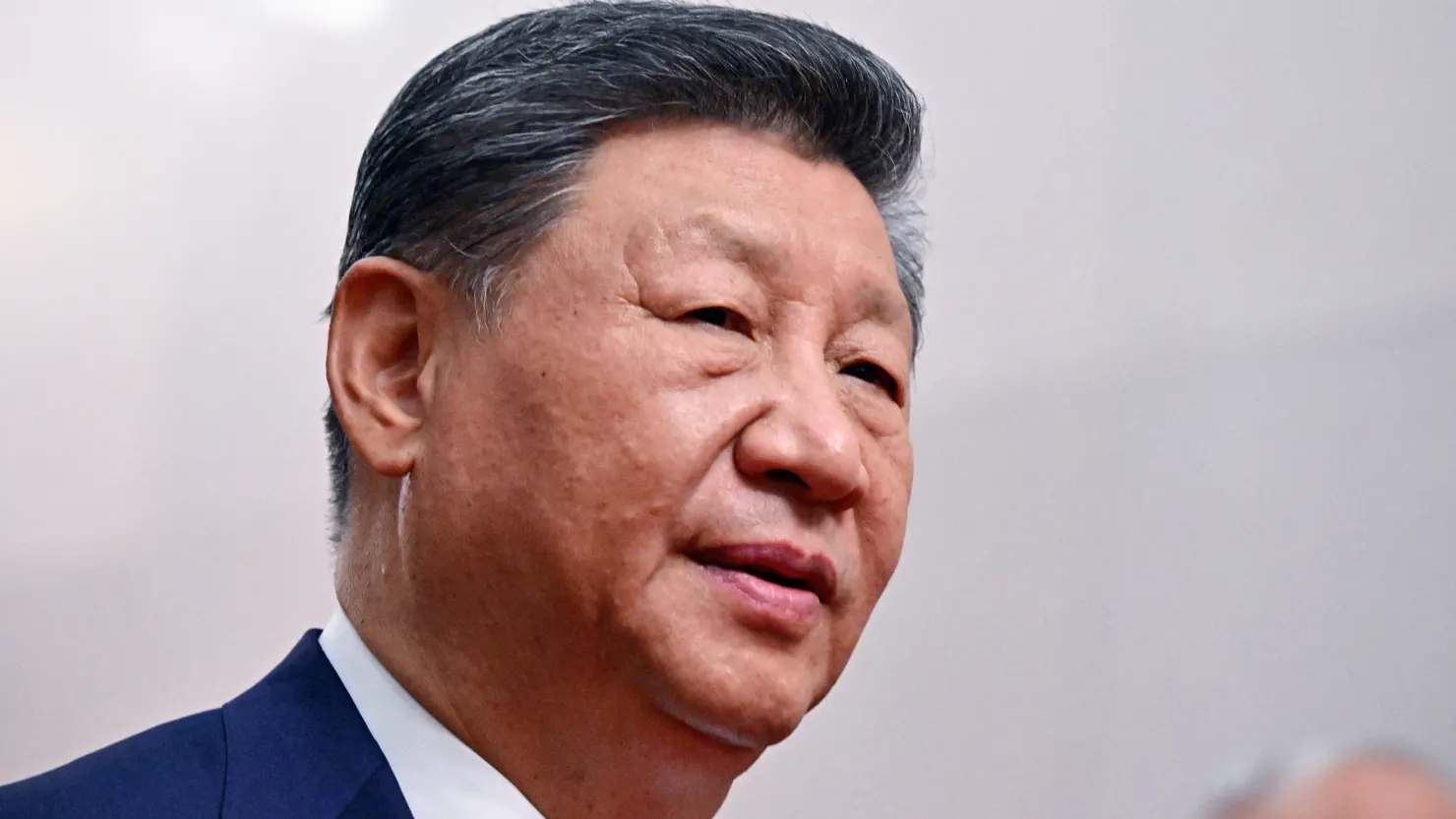
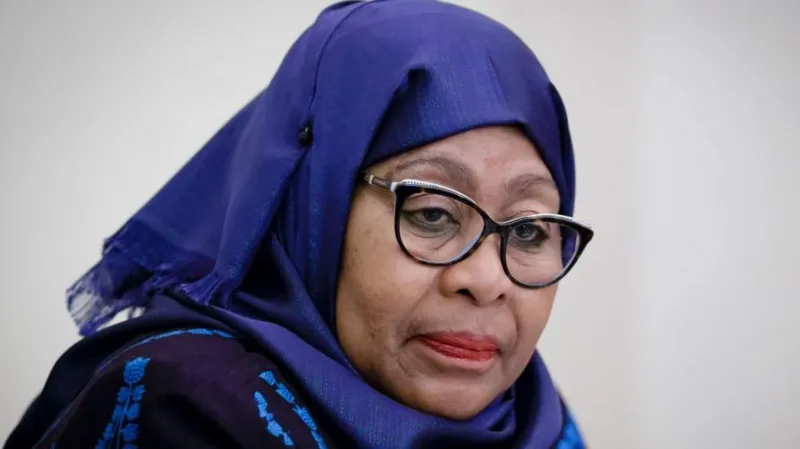
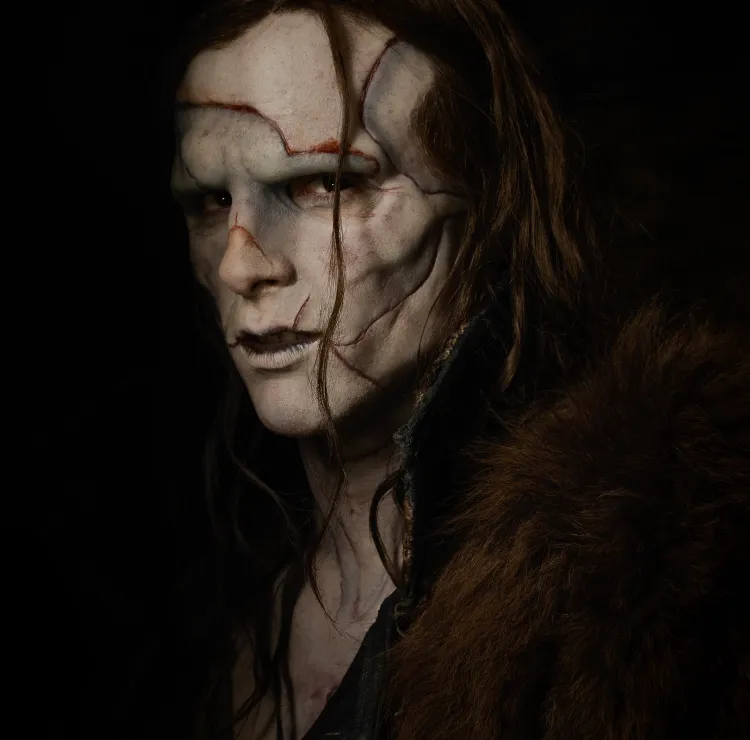


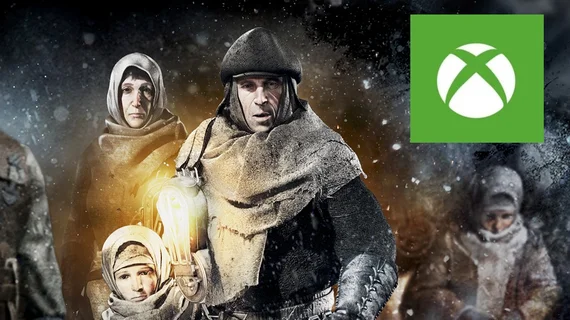
Leave a Reply